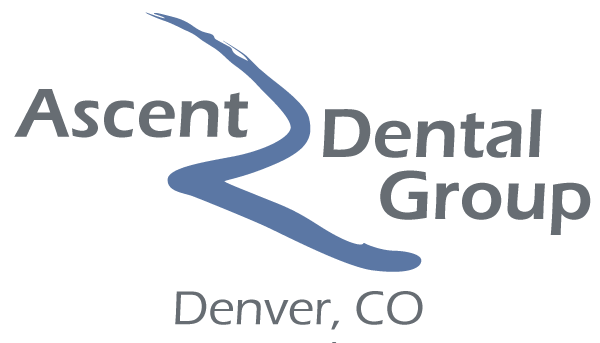When to Remove Wisdom Teeth
Although most people seem to need their wisdom teeth removed, it’s not always necessary. It’s important to remember that removing wisdom teeth is not always recommended. However, there are many reasons why you might want your wisdom teeth removed, such as: They cause crowding and orthodontic problems They cause pain They have become infected They are hard to clean They are impacted (stuck) and can’t fully emerge Often, your dentist can tell your wisdom teeth will cause problems before they happen. It’s best to listen to your dentist in this case to avoid more trouble later on. Getting Your Teeth Checked You should be visiting the dentist at least once a year from the age of two, and by the time you’re a teen, you should have visits to the dentist twice a year just like an adult. During your regular visits, your dentist will check on the state of your wisdom teeth and look at them for any problems. At about age 16-19 is when your dentist can usually tell if there will be problems with your wisdom teeth. Some people may have obvious signs of trouble earlier than this, while others may not see any problems through their 20s. People who experience no problems with wisdom teeth by the age of 30 may be able to keep them for life. You may have all four wisdom teeth removed at once, or just some of them. Sometimes wisdom teeth left in today may have to be removed at a later date. Some dentists may recommend removing your wisdom teeth before the age of 20 to make it easier, but in reality they can be removed at any age. If you are experiencing problems with your wisdom teeth and want to talk about having them extracted, please contact Ascent Dental in Denver, Colorado today for an appointment.
Choosing the Best Toothbrush
If there’s one piece of personal hygiene equipment you make sure you use at least twice a day, it should be your toothbrush. Brushing your teeth twice a day is crucial to your oral hygiene. You’re going to be using it for the next three months (that’s 180 uses, for those of you that like the numbers), you want to pick one that is comfortable and fits your style. Here are some tips for choosing the best toothbrush for you. Look for the ADA Seal of Acceptance The American Dental Association seal of acceptance is your sign that a toothbrush meets certain quality guidelines. These include: All components are safe for use in the mouth Bristles are not sharp or jagged The handle material is durable Bristles are secure and won’t fall out under normal use Can be used effectively without special training These basic requirements make the difference between a good toothbrush and a bad one. Bristles and Head Soft bristles are considered best for your toothbrush, because they’re less likely to damage gums or tooth enamel. Pick a tooth brush with a small head that allows you to maneuver it into all the places hwere you need your tooth brush to be. In general, a head less than a half inch wide and one inch long is good for this purpose. Pick What You Like Beyond that, you can make decisions about what you like from a toothbrush. Pick a grip that’s comfortable, a neck that makes it easier for you to reach around and get all your teeth, and a color that pleases you and is easily distinguishable from the brushes of other people in your house. These factors don’t make much difference in the effectiveness of your toothbrush. Should You Select Electric? Considering an electric toothbrush? There is some controversy about whether they’re generally more effective, but there’s no doubt that they help some people get better results. An electric toothbrush may be good for you if: You have trouble brushing for long enough (electric toothbrushes often have timers so you brush long enough) Your handedness means you brush better on one side of your mouth than the other You repeatedly have trouble with gum disease or excessive tartar buildup due to poor brushing Your dentist recommends one Your toothbrush is the primary tool that you can use to ensure your optimum dental health. At Ascent Dental in Cherry Creek, we have many other tools to support your efforts. To schedule your next appointment, please contact Ascent Dental today.
